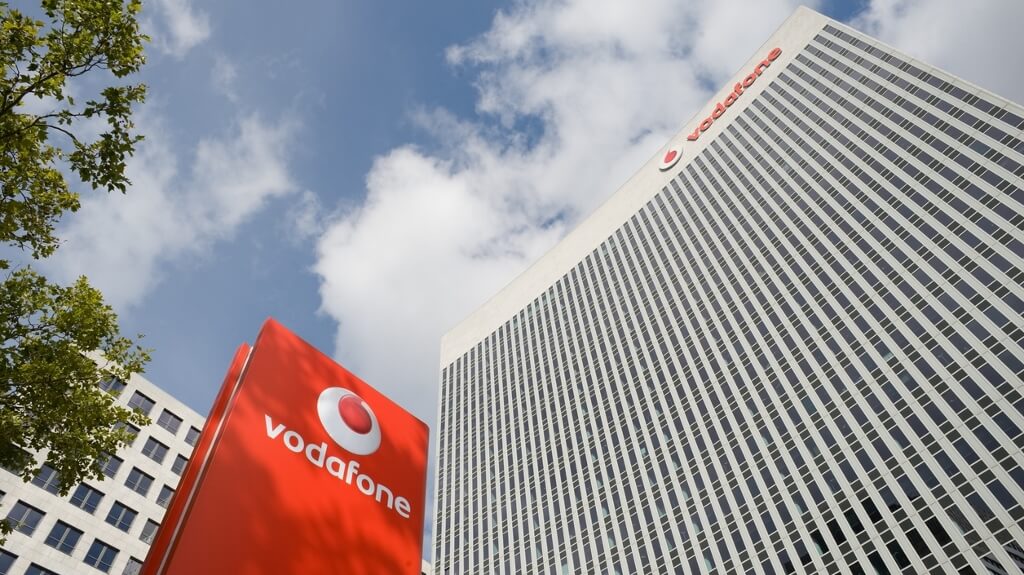The move by the telecoms giant could also help to break the grip Huawei, Ericsson and Nokia have on the telecoms equipment network.
Vodafone Launches New Network Tech In UK To Expand Internet Coverage
The move by the telecoms giant could also help to break the grip Huawei, Ericsson and Nokia have on the telecoms equipment network.

Vodafone has announced plans to test innovative open radio technology in the UK, which it said can help connect more rural communities to the internet.
The move by the telecoms giant could also help to break the grip Huawei, Ericsson and Nokia have on the telecoms equipment network.
OpenRAN (Open Radio Access Networks) has been designed by Vodafone and Intel to standardise the design of hardware and software in the infrastructure, masts and antennae which make up the network carrying mobile calls and data.
Vodafone said the open network technology could introduce a new wave of 2G, 3G, 4G and 5G technology vendors to improve supply chain resilience.
It also said the move could connect more of the world’s most rural communities to the internet using standardised, lower-cost network equipment and also enhance coverage in cities.
Vodafone, the world’s second largest mobile phone operator, has already trialled the technology in laboratories in South Africa and deployed it in Turkey.
The company said it believes the technology could allow customers to make calls and access data at lower costs.
Vodafone Group chief executive Nick Read said: “We are pleased with trials of OpenRAN and are ready to fast-track it into Europe as we seek to actively expand our vendor ecosystem.
“OpenRAN improves the network economics, enabling us to reach more people in rural communities, and that supports our goal to build digital societies in which no-one is left behind.”
Vodafone said it will launch OpenRAN in 120 rural areas across the UK on Monday and is set to start trials in Mozambique and the Democratic Republic of Congo.
Currently, the mobile network equipment sector is dominated by three companies – China’s Huawei, Sweden’s Ericsson and Finland’s Nokia.
Operators typically deploy equipment from at least two companies to reduce reliance on a single supplier, but the consolidation in the sector has faced criticism.
The situation has become more complicated after Huawei was blacklisted by the US over allegations, which the Chinese firm denies, that its equipment could be used for spying.
Henry Saker-Clark is PA City Reporter.
Thanks for signing up to Minutehack alerts.
Brilliant editorials heading your way soon.
Okay, Thanks!
